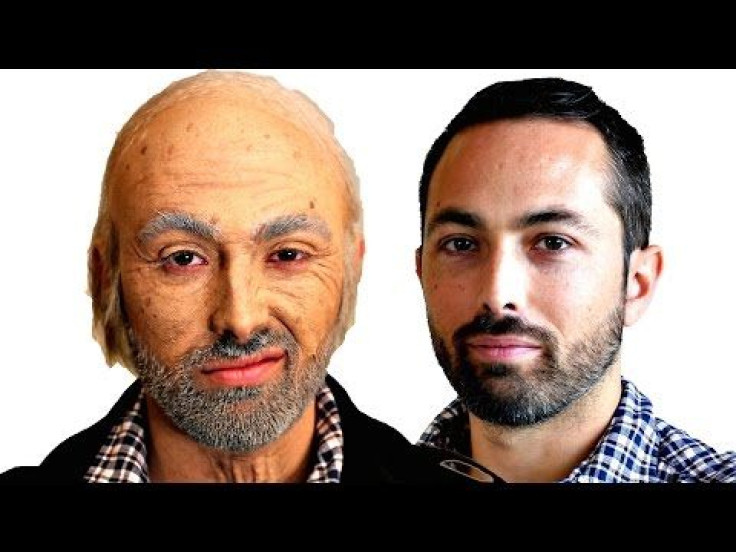'How Long Will I Live?' Your Lifespan Depends On Cellular Death And Progress Of Future Science

Ten thousand years ago, the average human life lasted just over 30 years. Today, you can expect to live up to 80 years… assuming no new scientific progress is made, says Derek Muller, the creator of Veritasium, a science and engineering YouTube channel.
His latest video is an exploration of the mysteries of aging. At the very beginning of our lives, the natural process makes us grow into bigger, stronger, and more intelligent beings. But then we turn a crucial corner, and the very same process that made us develop in beneficial ways begins to cause our bodies to deteriorate instead. Why, how?
Discussing the matter at GE, Muller speaks with Dr. Fiona Ginty, a principal scientist in the Life Sciences and Molecular Diagnostics Group. She explains the fundamental cellular mechanisms underlying aging. Our aging bodies decline due to the accumulation of old cells, says Ginty. Basically, there’s a finite number of times a cell will divide: On average, it’s about 50. Beyond this many divisions, a cell becomes senescent, unable to divide though remaining metabolically active. While senescent cells contribute to some positive physiological functions, such as wound healing, the accumulation of these non-dividing cells leads to aging.
However, scientists also understand how telomeres, a cell structure that keeps the chromosomes together, gradually become shorter with each cell division and this promotes senescence. Yet an enzyme known as telomerase is able to elongate these structures. Could this enzyme and the process of elongation be harnessed to increase the human lifespan? To learn more, watch the YouTube video.



























